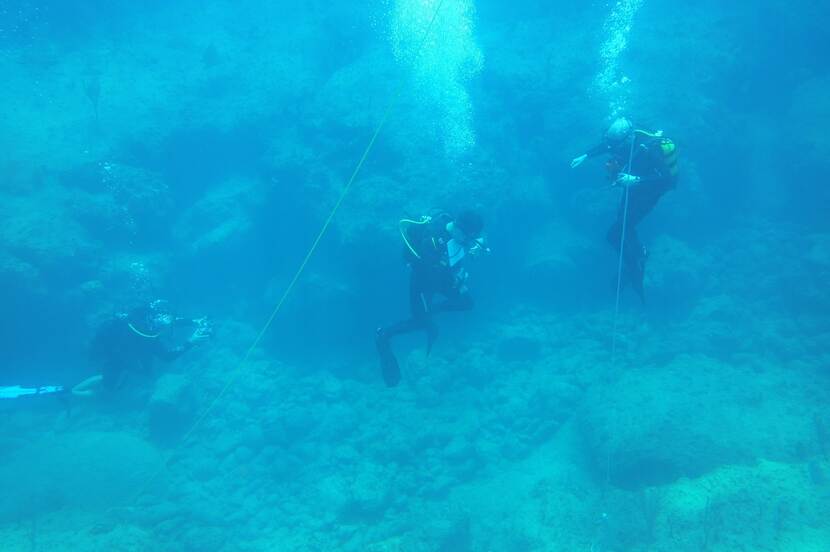Final report International Programme for Maritime Heritage presented
The Cultural Heritage Agency of the Netherlands (RCE) has built a solid foundation for maritime heritage management through the International Programme for Maritime Heritage (2017-2021). Recently, the final report was published in which the established policy, activities and results of the programme are described.

The goal of this programme was to – in cooperation with partners – establish and implement effective management of Dutch shipwrecks in foreign waters, to make data and knowledge gained available to others, and to foster understanding of the past and create space for wonder. The necessity for effective maritime heritage management is the amount of Dutch shipwrecks spread all over the world. As far as we know according to a recent wreck count, more than 1600 Dutch shipwrecks lie in foreign waters.
This maritime heritage ctells us who we are. With maritime archaeological and cultural-historical research, stories as well as tangible remains come to the surface. This provides valuable knowledge and important insights into moments in our history. The information we collect now provides input for the debate about our past and current issues in the present.
Without responsible management, these wrecks will disappear. Valuable maritime heritage must therefore be actively preserved for current and future generations. That is what the International Programme for Maritime ensured. This work is being continued by the RCE within its regular tasks.
The results in brief
The programme mapped and investigated sites, made choices about management and protection, exchanged knowledge and made this knowledge available. In doing so, the programme cooperated intensively with coastal state governments, international organisations, embassies, maritime archaeologists, divers and volunteers. Without this cooperation, responsible and sustainable care of Dutch maritime heritage around the world is not possible. Developments such as 3D visualisation and methods such as oral history bring maritime history and wrecks on the seabed to life and connect these with the present. Maritime heritage management uses new techniques such as forensic marking to protect underwater shipwrecks. As a science, maritime archaeology continues to evolve. Therefore, training and education together with colleges and universities also remain a high priority. The RCE aims to be a reliable knowledge partner, stimulating the exchange of knowledge and experience and connecting expertise with a listening ear. The data in the Maritime Stepping Stones (MaSS) database of wrecks are therefore accessible to everyone, and at the end of 2022 various guidelines were published to support decision-making within maritime heritage management.
The final report can be downloaded from our Publications page.